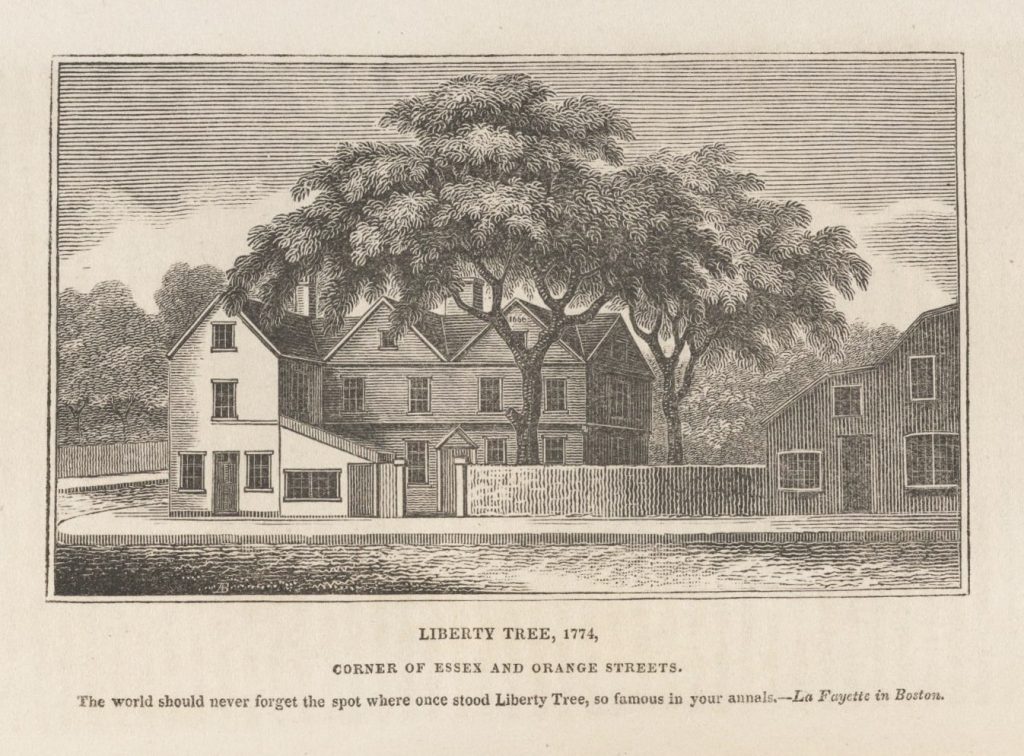Contents
Contents
The Committees of Correspondence were groups of Patriot leaders that sought to organize inter-colonial cooperation and resistance to British rule, in the lead-up to and during the American Revolution.
Summary
In the early 1770s, relations were deteriorating between the British government and the Thirteen Colonies.
After the colonists rebelled against the Stamp Act, and the events of the Boston Massacre, the British tried to reaffirm their control of the Thirteen Colonies.
Around 1772, Patriot political leaders realized that greater coordination was necessary to effectively resist British overreach. While protests and demonstrations undertaken by groups such as the Sons of Liberty had been effective, the Patriots knew that resistance efforts would be more successful with greater levels of cooperation.
As a result, in November of that year, the first Committee of Correspondence was formed, in Boston, Massachusetts, spearheaded by Samuel Adams.

In 1773, the idea spread, with Patriots in Connecticut, New York, Rhode Island, and South Carolina among others forming similar organizations. By the end of 1774, every one of their Thirteen Colonies had their own Committee of Correspondence, and local Committees also sprung up in towns and cities throughout the colonies.
The Committees of Correspondence helped to communicate Patriot ideals throughout society, and keep the population informed about British actions. Messages were delivered on horseback into the countryside, helping to spread the word about the British government’s overreach, and garnering widespread support for the Patriot movement.
As time went on, the Committees of Correspondence became de facto governments in the Thirteen Colonies. They decided how to respond to British policies, organized local militias, and were later responsible for administering elections in different parts of the colonies.
Role and significance in the American Revolution
The Committees of Correspondence played a significant role in the success of the American Revolution.
They were able to significantly improve the level of cooperation and information sharing between towns, cities, and colonies, making for much more coordinated acts of resistance.
For example, the Committees of Correspondence were responsible for implementing widespread boycotts of British goods, throughout the Thirteen Colonies. The Committees then helped to organize local manufacturing efforts, to overcome goods shortages brought on by the boycotts.
Perhaps the most significant contribution of the Committees of Correspondence in the lead-up to war was their role in organizing the First Continental Congress, which occurred from September to October 1774.
At the Congress, representatives from 12 of the 13 colonies united in resistance to the British, setting the stage for the Revolutionary War.
After the war began, many Committees of Correspondence evolved into local revolutionary governments. From this point, the Committees were instrumental in making the Continental Army an effective fighting force against the British.
They were responsible for supplying the army with weapons, food, and ammunition needed to fight. They also coordinated the war effort, performed recruitment for the army, and disseminated propaganda throughout the colonies, to shore up support for the war effort.
In addition, the Committees of Correspondence also played a significant role, along with the Continental Congress, in financing the war effort. They issued loans, solicited donations, and organized the confiscation of Loyalist property in order to raise money for the Continental Army.
Ultimately, without the Committees of Correspondence and their work to coordinate the Patriot cause, it is unlikely that the colonists would have been able to so effectively resist the British government, and later the British Army, during the American Revolution.

